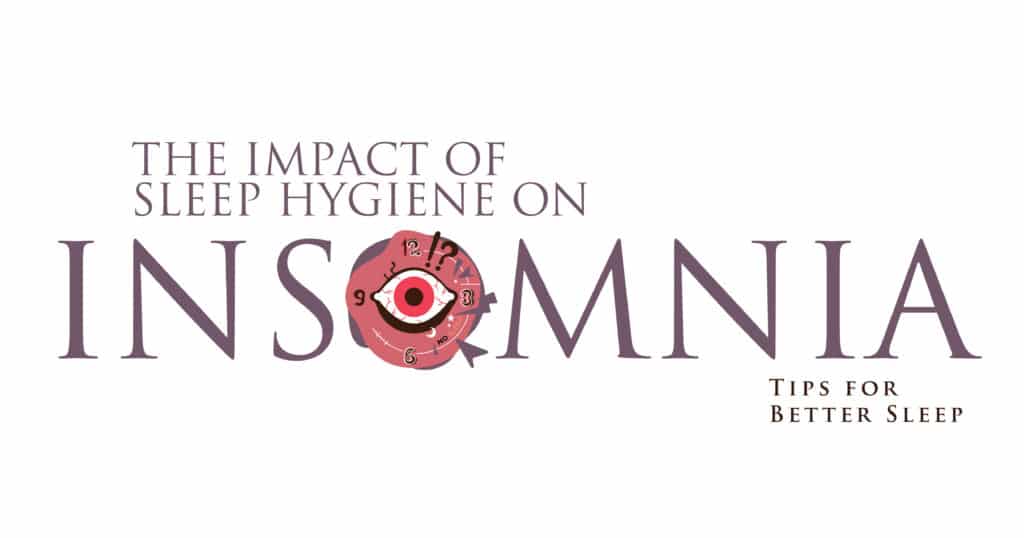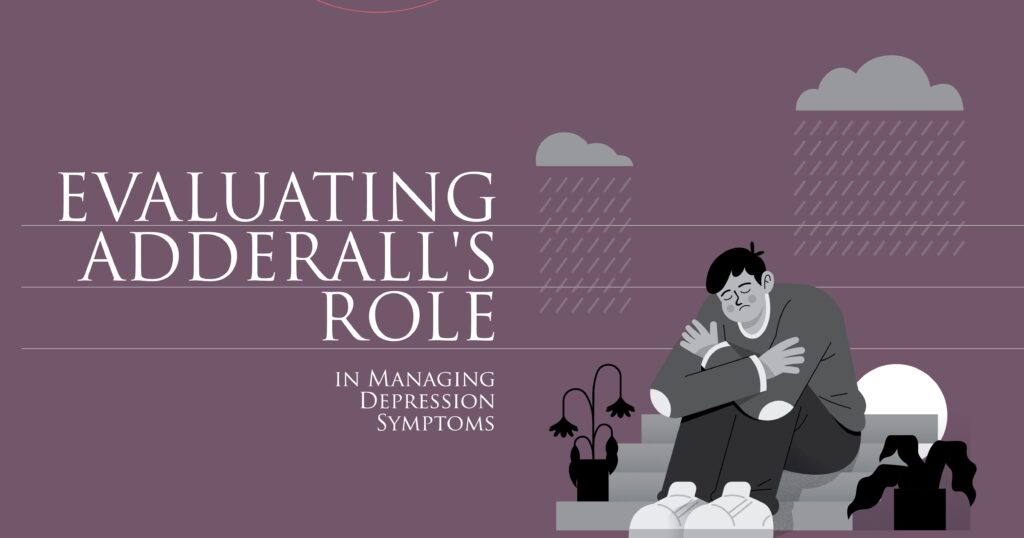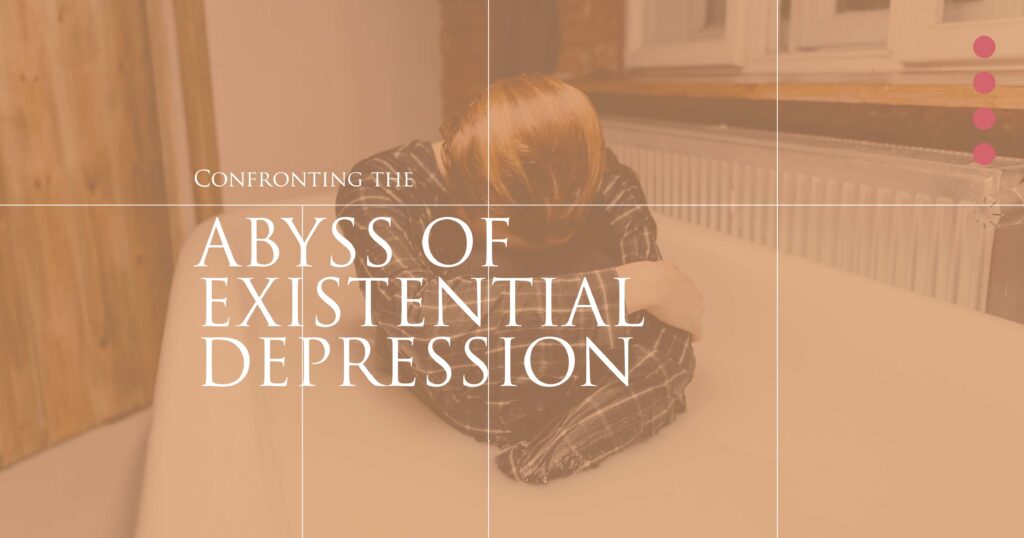Sleep hygiene is a crucial factor in managing and overcoming insomnia, a condition that affects millions of people worldwide. While many individuals focus on medication or therapy to alleviate their sleep problems, improving sleep hygiene can offer significant benefits for achieving better sleep quality and addressing insomnia. In this comprehensive guide, we will explore the impact of sleep hygiene on insomnia and provide practical tips for improving your sleep habits.
Table of Contents
- What is Sleep Hygiene?
- How Sleep Hygiene Affects Insomnia
- Key Components of Good Sleep Hygiene
- Tips for Improving Sleep Hygiene
- Common Sleep Hygiene Mistakes to Avoid
- When to Seek Professional Help for Insomnia
- Conclusion
What is Sleep Hygiene?
Sleep hygiene refers to a set of practices and habits that promote healthy sleep patterns and improve the quality of sleep. It encompasses various lifestyle changes and routines aimed at creating an environment and mindset conducive to restful sleep.
Why is Sleep Hygiene Important?
Good sleep hygiene helps regulate your sleep-wake cycle and can be an effective tool in managing insomnia. By establishing consistent routines and making simple changes, you can significantly enhance your ability to fall asleep and stay asleep.
Key Elements of Sleep Hygiene
- Sleep Environment: The physical space where you sleep, including your mattress, pillows, and bedroom temperature.
- Sleep Schedule: Consistency in sleep and wake times to regulate your body’s internal clock.
- Pre-Sleep Routines: Activities and habits that prepare your body and mind for sleep.
San Jose Mental Health
How Sleep Hygiene Affects Insomnia
Poor sleep hygiene is often a contributing factor to insomnia. By understanding how sleep hygiene influences insomnia, you can take proactive steps to improve your sleep.
The Connection Between Sleep Hygiene and Insomnia
- Sleep Environment
- Impact: A cluttered or uncomfortable sleep environment can disrupt your ability to fall asleep and stay asleep.
- Example: A noisy or bright bedroom can prevent you from achieving restful sleep.
- Sleep Schedule
- Impact: Irregular sleep patterns can disturb your circadian rhythm and make it harder to fall asleep.
- Example: Going to bed at different times each night can confuse your body’s internal clock.
- Pre-Sleep Activities
- Impact: Engaging in stimulating activities before bed can delay sleep onset and reduce sleep quality.
- Example: Using electronic devices or consuming caffeine close to bedtime can interfere with your sleep.
How Improving Sleep Hygiene Can Alleviate Insomnia
By addressing poor sleep hygiene, you can:
- Regulate Your Sleep-Wake Cycle: Establishing a consistent sleep schedule helps align your internal clock.
- Create a Restful Sleep Environment: Making your bedroom comfortable and conducive to sleep can improve sleep quality.
- Develop Relaxing Pre-Sleep Routines: Engaging in calming activities before bed can help you wind down and prepare for sleep.
Key Components of Good Sleep Hygiene
To combat insomnia effectively, focus on the following key components of sleep hygiene:
1. Maintain a Consistent Sleep Schedule
- Set Regular Bedtimes and Wake Times: Go to bed and wake up at the same time every day, even on weekends.
- Establish a Pre-Sleep Routine: Develop a calming bedtime routine that signals to your body that it’s time to sleep.
- Avoid Napping Late in the Day: Limit naps to 20-30 minutes and avoid napping after 3 PM.
2. Create a Sleep-Friendly Environment
- Optimize Your Sleep Space: Ensure your bedroom is cool, dark, and quiet.
- Invest in Comfortable Bedding: Use a comfortable mattress and pillows that support restful sleep.
- Limit Noise and Light: Use earplugs, white noise machines, or blackout curtains if needed.
3. Promote Healthy Pre-Sleep Habits
- Limit Screen Time: Avoid screens for at least an hour before bed; the blue light emitted can interfere with melatonin production.
- Avoid Stimulants: Refrain from consuming caffeine, nicotine, or heavy meals close to bedtime.
- Engage in Relaxing Activities: Read a book, take a warm bath, or practice relaxation techniques such as deep breathing or meditation.
4. Exercise Regularly
- Get Regular Physical Activity: Aim for at least 30 minutes of moderate exercise most days of the week.
- Timing: Try to complete your workout at least 3 hours before bedtime to avoid interference with sleep.
5. Watch Your Diet
- Avoid Heavy Meals Before Bed: Refrain from eating large or spicy meals close to bedtime.
- Stay Hydrated: Drink enough water throughout the day but reduce fluid intake before bed to prevent nighttime awakenings.
San Jose Mental Health
Tips for Improving Sleep Hygiene
Here are practical tips to help you implement effective sleep hygiene practices and improve your sleep quality.
1. Establish a Relaxing Bedtime Routine
- Create a Wind-Down Routine: Develop a series of relaxing activities to signal to your body that it’s time to sleep.
- Examples: Gentle stretching, reading a book, or listening to calming music.
2. Adjust Your Sleep Environment
- Optimize Comfort: Ensure your mattress and pillows are comfortable and supportive.
- Control the Environment: Use blackout curtains, white noise machines, or a fan to create a conducive sleep environment.
3. Limit Light Exposure
- Reduce Screen Time: Use blue light filters on devices or avoid screens in the hour leading up to bedtime.
- Dim the Lights: Gradually dim household lights in the evening to help signal to your body that it’s time to wind down.
4. Maintain a Balanced Diet
- Eat Healthy Foods: Incorporate foods that support sleep, such as those rich in magnesium and tryptophan.
- Avoid Disruptive Foods: Stay away from caffeine, alcohol, and sugary foods in the hours before bed.
5. Get Regular Exercise
- Exercise Early: Schedule your workouts for the morning or afternoon to avoid overstimulation before bedtime.
- Choose Enjoyable Activities: Find physical activities you enjoy to make regular exercise a sustainable habit.
6. Use Sleep Aids Wisely
- Natural Sleep Aids: Consider herbal teas like chamomile or supplements like melatonin if you need extra help.
- Consult a Professional: Always seek advice from a healthcare provider before starting any new supplements or medications.
Common Sleep Hygiene Mistakes to Avoid
Improving sleep hygiene involves avoiding common mistakes that can undermine your efforts.
1. Inconsistent Sleep Times
- Mistake: Varying bedtimes and wake times disrupts your circadian rhythm.
- Solution: Stick to a consistent sleep schedule every day.
2. Overusing Electronic Devices Before Bed
- Mistake: Exposure to blue light from screens affects melatonin levels.
- Solution: Limit screen time in the hour before bed.
3. Using Your Bed for Non-Sleep Activities
- Mistake: Working or watching TV in bed associates the bed with wakefulness.
- Solution: Reserve your bed for sleep and intimacy only.
4. Ignoring Caffeine and Alcohol Intake
- Mistake: Consuming stimulants or depressants close to bedtime affects sleep quality.
- Solution: Avoid caffeine, alcohol, and heavy meals in the hours before sleep.
5. Skipping Pre-Sleep Routines
- Mistake: Neglecting a calming pre-sleep routine can make it harder to fall asleep.
- Solution: Establish and follow a relaxing bedtime routine.
When to Seek Professional Help for Insomnia
While improving sleep hygiene can be highly effective, there are situations where professional help may be necessary.
When to Consider Professional Help
- Persistent Insomnia: If you have trouble falling or staying asleep despite following sleep hygiene practices.
- Severe Sleep Disorders: If you experience symptoms such as frequent awakenings, sleep apnea, or restless legs.
- Underlying Health Conditions: If you suspect that insomnia is a symptom of another medical or psychological condition.
Professional Treatment Options
- Cognitive Behavioral Therapy for Insomnia (CBT-I): A structured program that helps change sleep habits and thoughts.
- Medication: Prescription medications or supplements for short-term relief, under the guidance of a healthcare provider.
- Sleep Studies: Diagnostic tests to evaluate sleep patterns and identify sleep disorders.
San Jose Mental Health
Conclusion
Effective sleep hygiene is a powerful tool in managing and overcoming insomnia. By understanding the impact of sleep hygiene on insomnia and implementing practical tips for improving your sleep habits, you can make meaningful strides toward better sleep quality.








